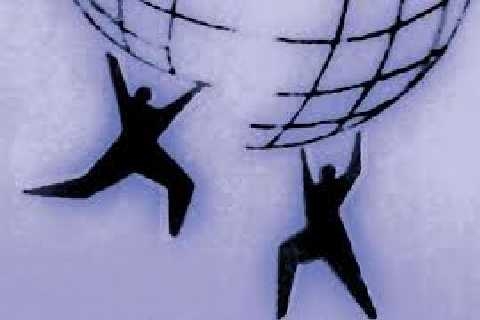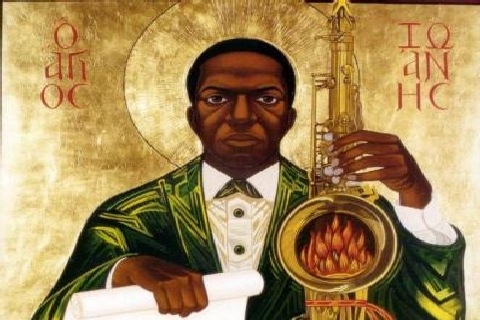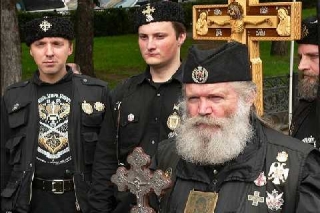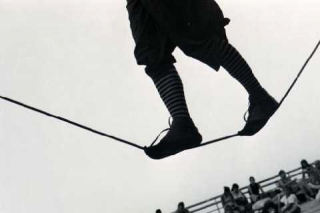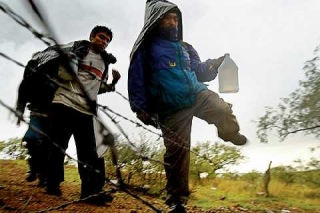
English Articles (11)
In the face of 'the globalisation of indifference' is there still a place for mercy? (Gillian Paterson)
Scritto da Fausto FerrariColloquium promoted by the Marist Fathers took place in La Neylière (Lyon) on 29-31 March 2016 having as theme «In the face of 'the globalisation of indifference' is there still a place for mercy?».
A Love Supreme is a studio album recorded by John Coltrane's quartet. The album is a four-part suite, broken up into tracks: "Acknowledgement" (which contains the mantra that gave the suite its name), "Resolution", "Pursuance", and "Psalm."
What is the situation of ecumenism in Russia today? (Vladimir Zelinskij)
Scritto da Fausto FerrariWhat is the ecumenical situation of Russian Orthodoxy in our day and age? Will saint Peter and saint Andrew embrace each other as they are depicted as doing in the famous icon, or are they doomed to be eternally separated?
Religion, if taught as religion, has no life. In order to understand what the Bible says, one has to understand life as seen by the Bible, all of life.
Migrants: illegals or God's ambassadors? (Dean Brackley)
Scritto da Fausto FerrariThe desperate poor who migrate north are representatives of the poor billions to our South, from whom we are estranged, to our loss and theirs. Perhaps God is sending them to revitalize our churches, our nation and our broken world.
Talking To Strangers (Timothy Radcliffe, op)
Scritto da Fausto FerrariHow can we learn to talk to strangers? What conversation can we initiate with those who are different? And what role can the university play in preparing us for this dialogue?
Children Learn What They Live (Dorothy Law Nolte)
Scritto da Fausto FerrariDorothy Law Nolte, Ph.D. is a lifelong teacher and lecturer on family life education, and is the author of the poem "Children Learn What They Live," which has been translated into 20 languages and is used the world over by parents and educators.
Peacemaking and Conflict Resolution in the Church (Fr. John Mefrige)
Scritto da Fausto FerrariAlthough Christ proclaims, “Blessed are the peacemakers, for they shall be called the children of God,” too often we see the children of the Church embroiled in destructive conflict and controversy. Has there ever been a parish council free from conflict?
I would like to remind you of the parable of the Pharisee and the Publican.
Nine Ways Not To Talk About God (Raimon Panikkar)
Scritto da Fausto FerrariThe following nine points are intended as a contribution to resolving a conflict that tears many of our contemporaries apart. It would seem, in fact, that many people do not succeed in resolving the following dilemma: whether to believe in a caricature of God that is nothing but a projection of our unsatisfied desires; or to believe in absolutely nothing at all, and, consequently, not even in oneself.
Altro...
What Remains of the Option for the Poor? (José María Vigil)
Scritto da Fausto FerrariI find the title given to me for this article highly suggestive and provocative: What Remains of the Option for the Poor (OP)? What remains of the OP, of all that we have lived and proclaimed with such passion and fervor, of all the hopes for which so many of our brothers and sisters have given their lives? Does there remain in place any utopia? Does the option for the «people as subject» remain? Does even the very OP remain? Does anything remain?

